Vegetarian Piranha and Purring Monkey among Scientists' Amazon Discoveries [PHOTOS]
At least 441 new species discovered in Amazon rainforest over last four years
A purring monkey, a vegetarian piranha and a flame-patterned lizard are among the most fascinating species to be discovered in the Amazon rainforest over the last four years.
At least 441 species of plant and animal were found in the Amazon basin between 2010 and 2013. The flora and fauna has been catalogued by the World Wide Fund (WWF).
The list includes 258 plants, 84 fish, 58 amphibians, 22 reptiles, 18 birds and one mammal.
Countless insects and other invertebrates discovered that were not listed.
The report was produced as part of an initiative run by WWF and Sky to help save the rainforests. I Love Amazon Week runs between 21 and 27 October.
Damian Fleming, head of programmes for Brazil and the Amazon at WWF-UK, said: "The more scientists look, the more they find. With an average of two new species identified every week for the past four years, it's clear that the extraordinary Amazon remains one of the most important centres of global biodiversity."
The mammal discovered was a purring monkey. The Caqueta titi monkey is one of about 20 species of titi monkey, all of which live in the Amazon basin. It is already considered critically endangered.
Thomas Defler, one of the scientists who discovered the species, said the young Caqueta titi monkeys have a particularly endearing trait: "When they feel very content they purr towards each other."
The Gonatodes timidus lizard has flamed "warpaint" colouring and was found in the part of the Amazon that extends into Guyana. Despite their aggressive pigmentation, the species is very shy and avoids humans.
A frog the size of a thimble, an Allobates amissibilis, was found in an area set to be opened to tourists, raising concerns that the already endangered species could face further threat and "may be lost" due to human activity.
The vegetarian piranha found living in rocky rapids was named the Tometes camunani and is in danger of losing its main food source because of mining activity threatening the flow of its river home.
"The richness of the Amazon's forests and freshwater habitats continues to amaze the world," Fleming said.
"But these same habitats are also under growing threat. The discovery of these new species reaffirms the importance of stepping-up commitments to conserve and sustainably manage the unique biodiversity and also the goods and services provided by the rainforests to the people and businesses of the region."
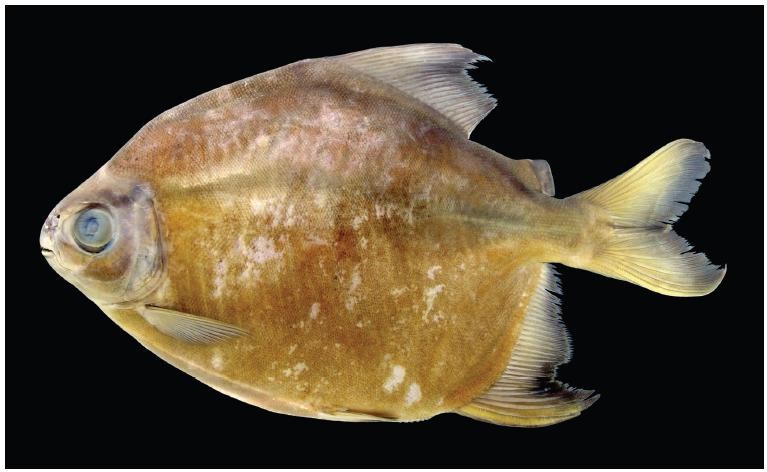
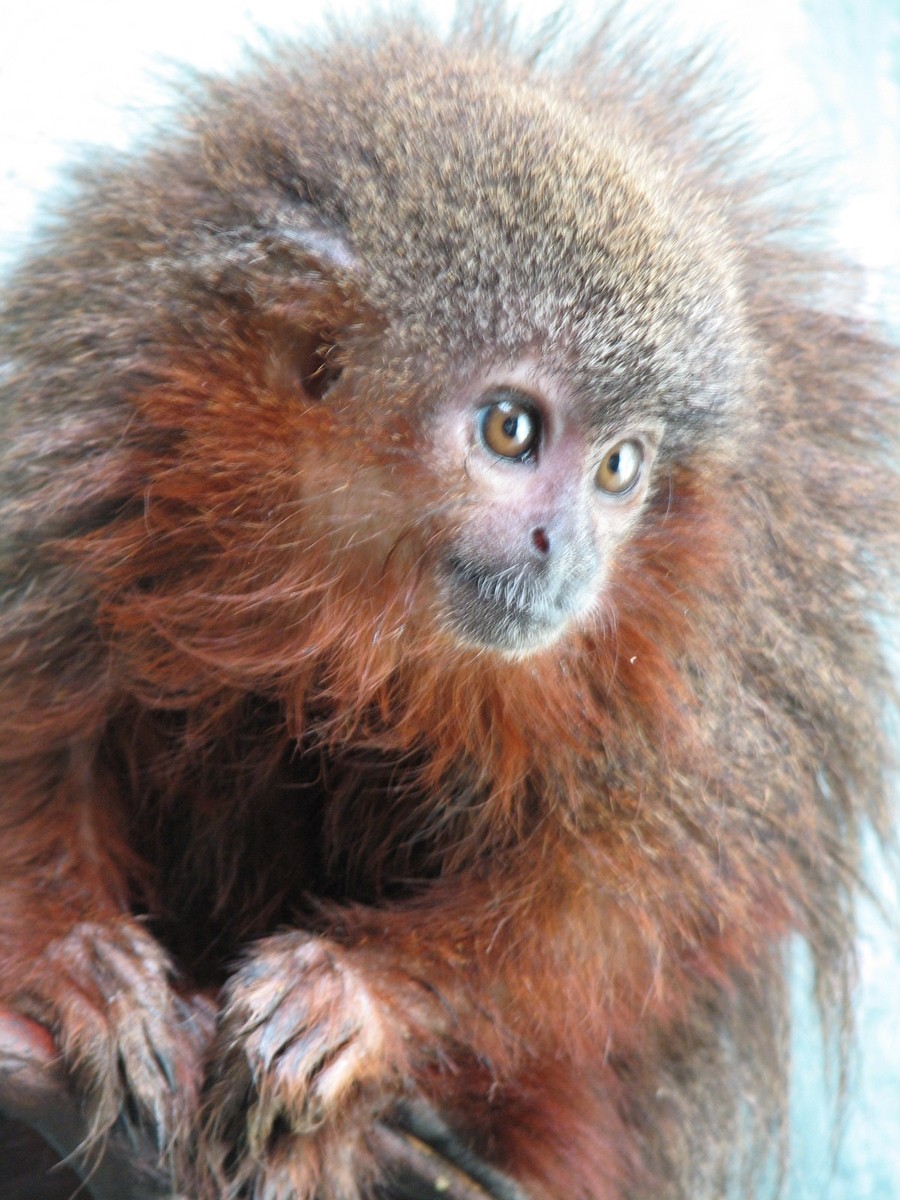
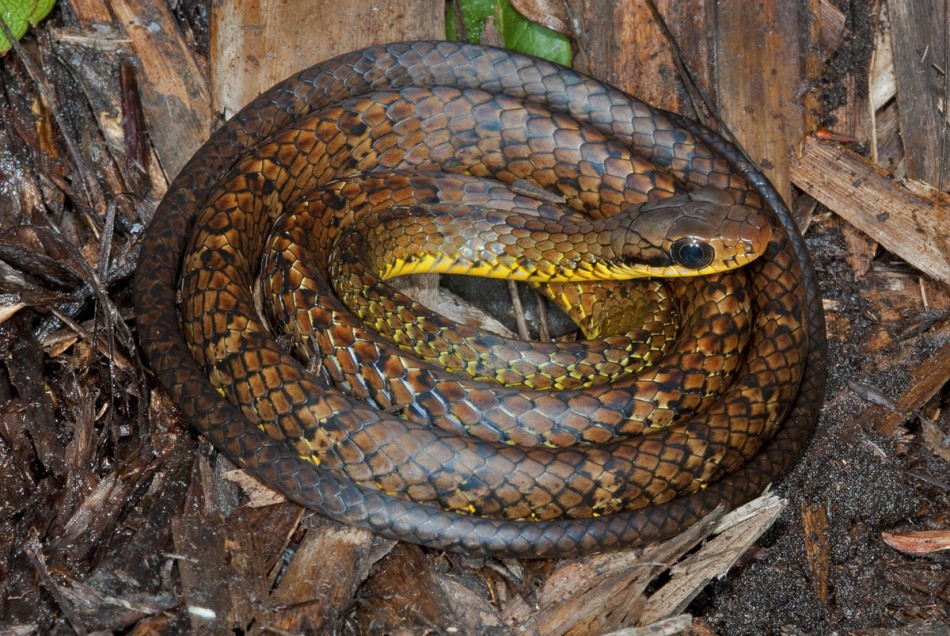
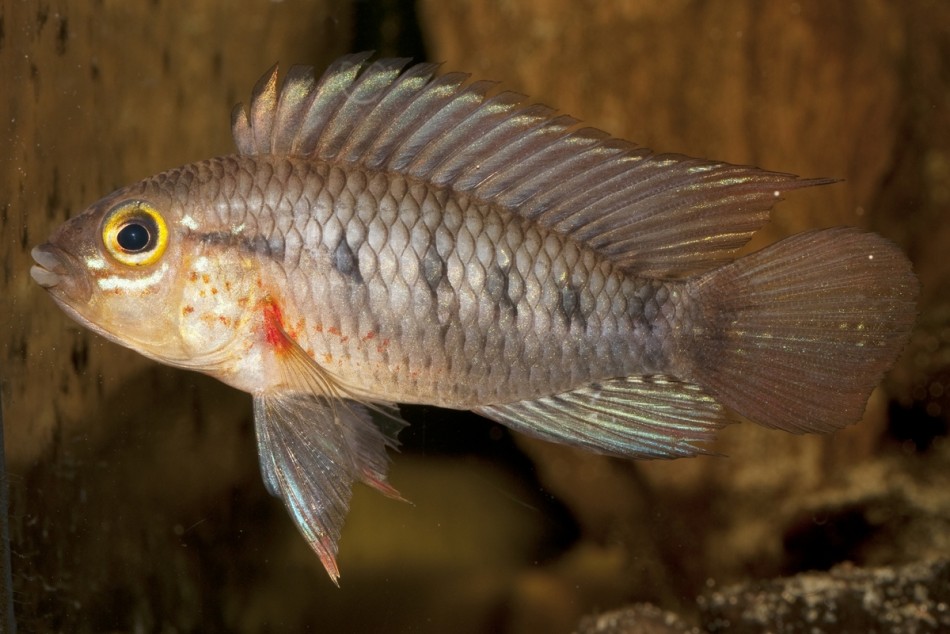
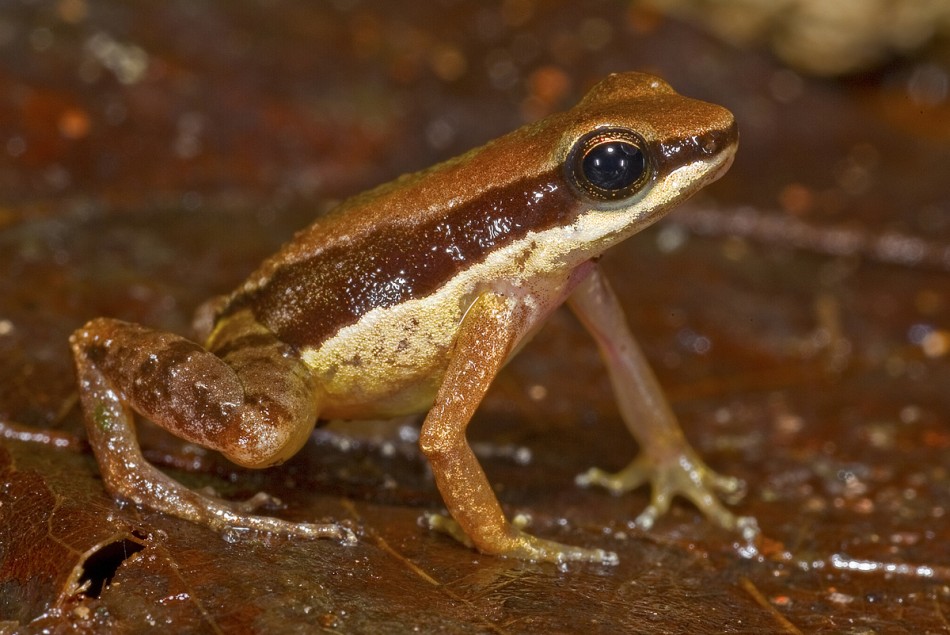
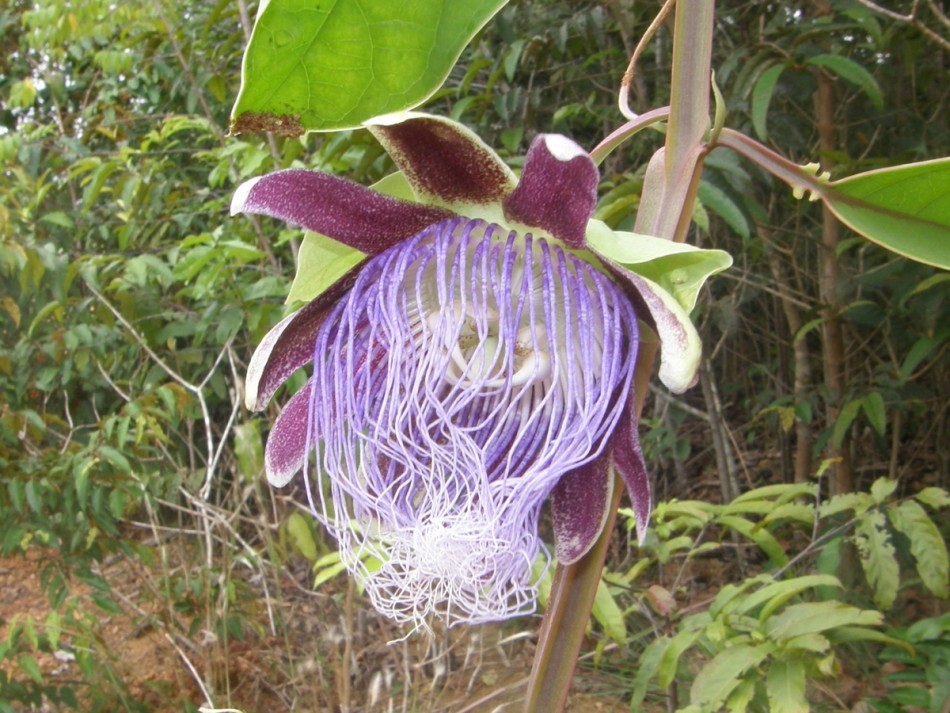
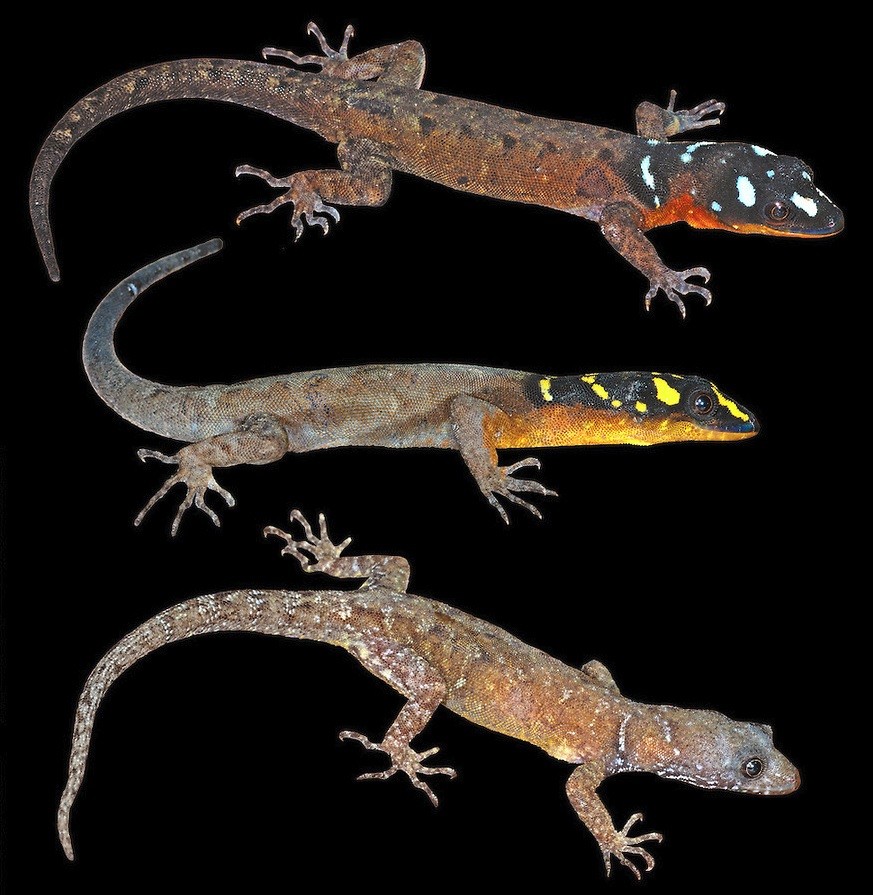
© Copyright IBTimes 2024. All rights reserved.























